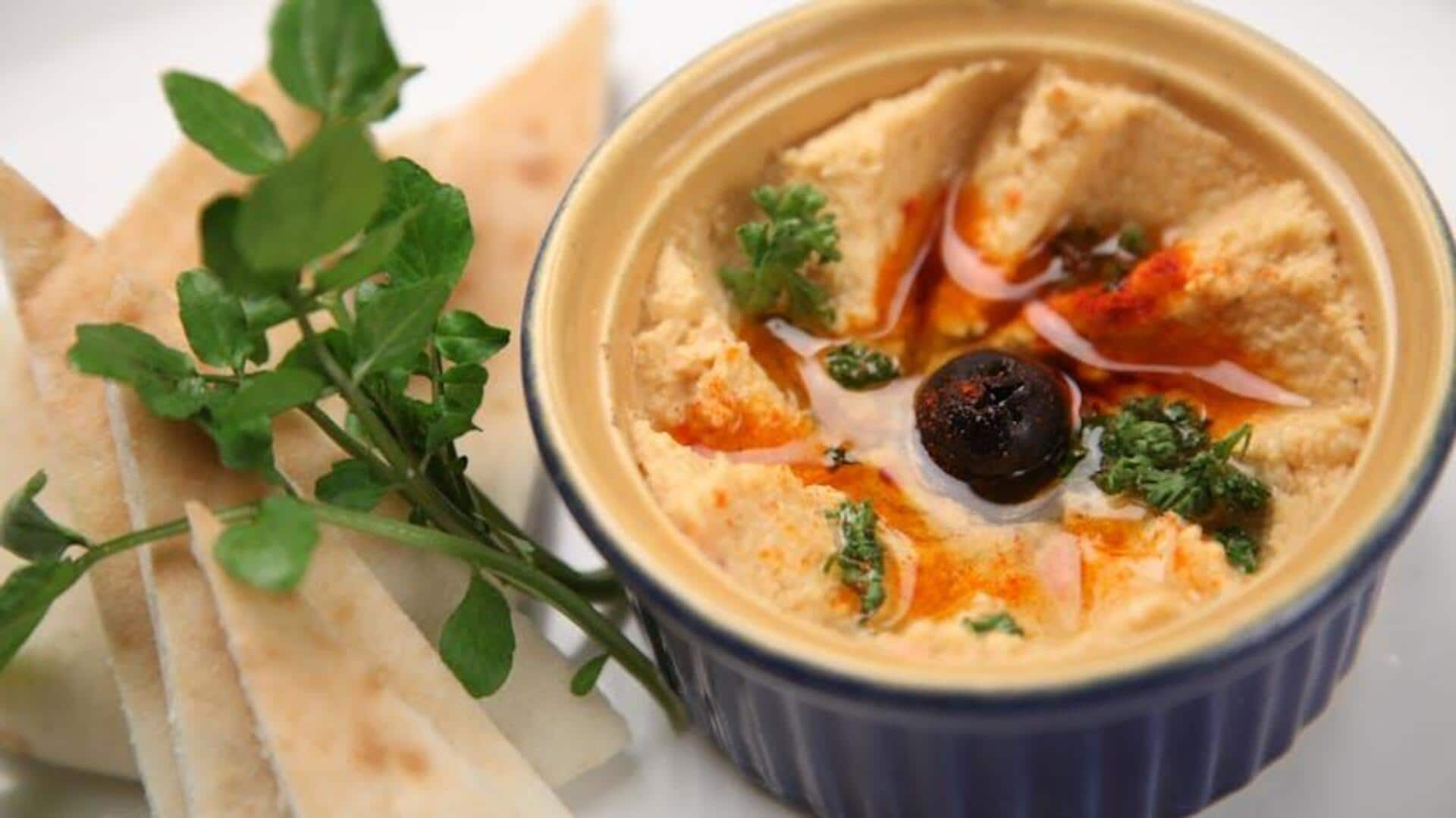
Hummus through history: Tracing its ancient origins
What's the story
A staple of Mediterranean cuisine, hummus has a rich history that goes back centuries. The creamy blend of chickpeas, tahini, olive oil, lemon juice, and garlic has been enjoyed across cultures. Its origins are often debated among historians and food enthusiasts alike. While some trace its roots to ancient Egypt or Greece, others believe it emerged from the Levant region. Either way, hummus has become a beloved dish worldwide.
Early days
Ancient beginnings
The oldest known hummus-like recipes trace back to 13th century Cairo. These initial recipes featured mashed chickpeas mixed with vinegar and pickled lemons instead of tahini. As the recipe traveled across regions, it evolved. Each culture added its own unique spin to the dish, but kept its core ingredients intact.
Cultural exchange
Spread across regions
Just as trade routes expanded through history, so did hummus. The dish spread through the Middle East into Europe through merchants and travelers. They would share their culinary traditions along with goods like spices or textiles from far-off lands. These lands could include India or China back in medieval times. Global commerce thrived under empires like Byzantium or Ottoman rule.
Contemporary twist
Modern adaptations
In recent years, we've seen many twists on traditional hummus recipes. These include adding roasted red peppers, different types of beans, and other herbs such as parsley, cilantro, mint, and basil. Spices such as cumin, paprika, sumac, and za'atar are also experimented with. These adaptations make hummus a versatile dish enjoyed globally, despite debates over its origins.